Pneumatic Diaphragm Valve
Operating Principles
- Diaphragm valves, manually or pneumatically operated, are specifically designed for hygienic and aseptic processes in the pharmaceutical industries.
- The valve is excellent for flow control as well as for open/close duties.
- The diaphragm provides body seal as well as seat seal. There are no paths to outside environment so it is suitable for aseptic processes.
- When valve is closed, a pressure pad which supports diaphragm to move towards sealing face on body. When pressure plate moves, diaphragm flexes and is forced down onto seat area in the centre of body, thus it closed off flow path through body.
- The interrelationship of body is to prevent the compression of diaphragm.
- The valve can be manually/pneumatically operated, and can be controlled by control tops and solenoid valves.
Technical Specifications
- Size: 1″-4″, DN25-DN100
- Pressure: 10bar (145 PSI)
- Material: ASTM 316L, 1.4404,1.4435 NB2 Fe <0.5%
- Temperature: -20 ℃ + 150 ℃ (EPDM) -4 ℉ + 302 ℉ (+ 140 ℃ (SIP, 30) 284 ℉)
- Connection: Clamp, Weld, Thread, 3A BPE DIN SMS IDF ISO
- Body Structure: straight, tee, U-tee, tank bottom valve, multi-channel diaphragm
- Diaphragm Material: EPDM + PTFE (double layer) / EPDM / Silicon / FPM (Viton)
- Certificate: 3A-18-03,Glass II USP Glass VI Chapter 88,PED 97/23 EC,,FDA177.2600


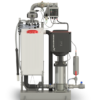
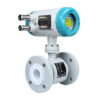
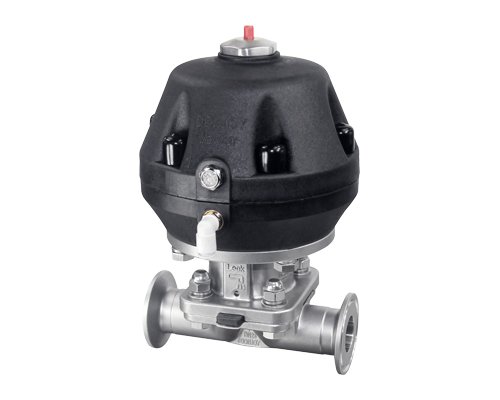
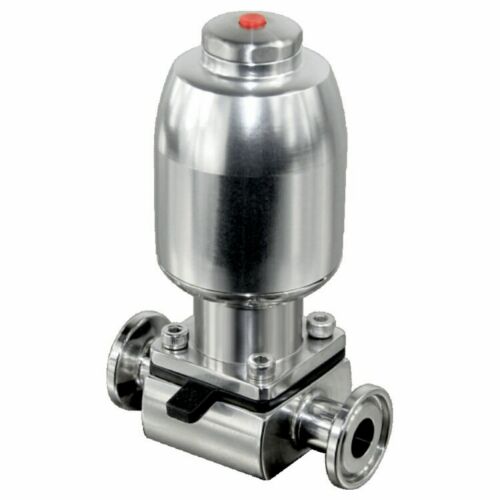
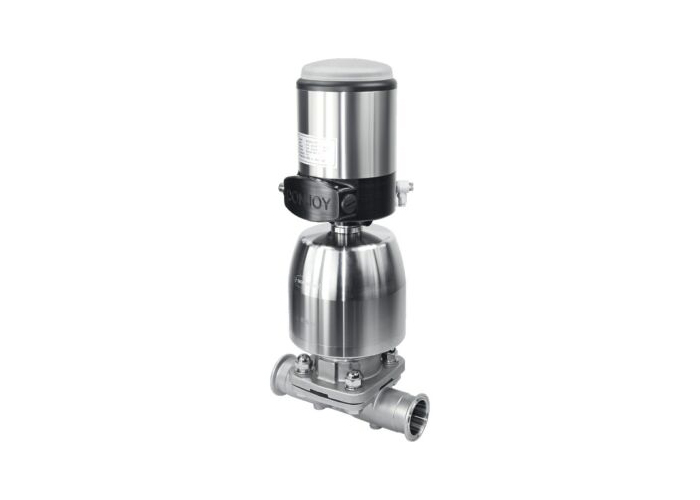
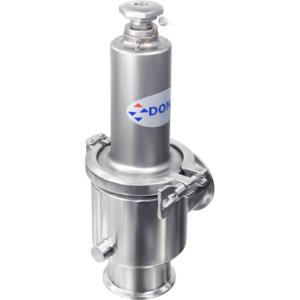
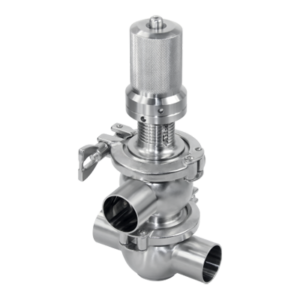
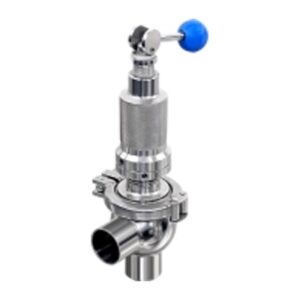
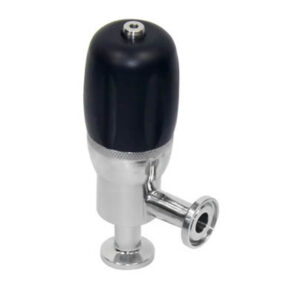
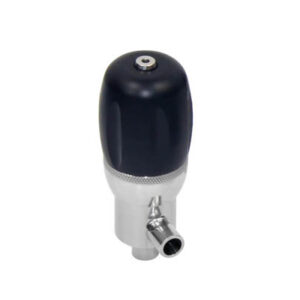

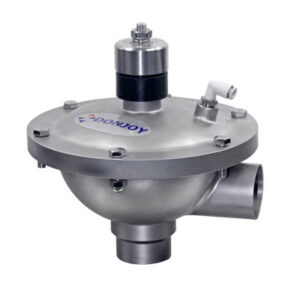
Reviews
There are no reviews yet.